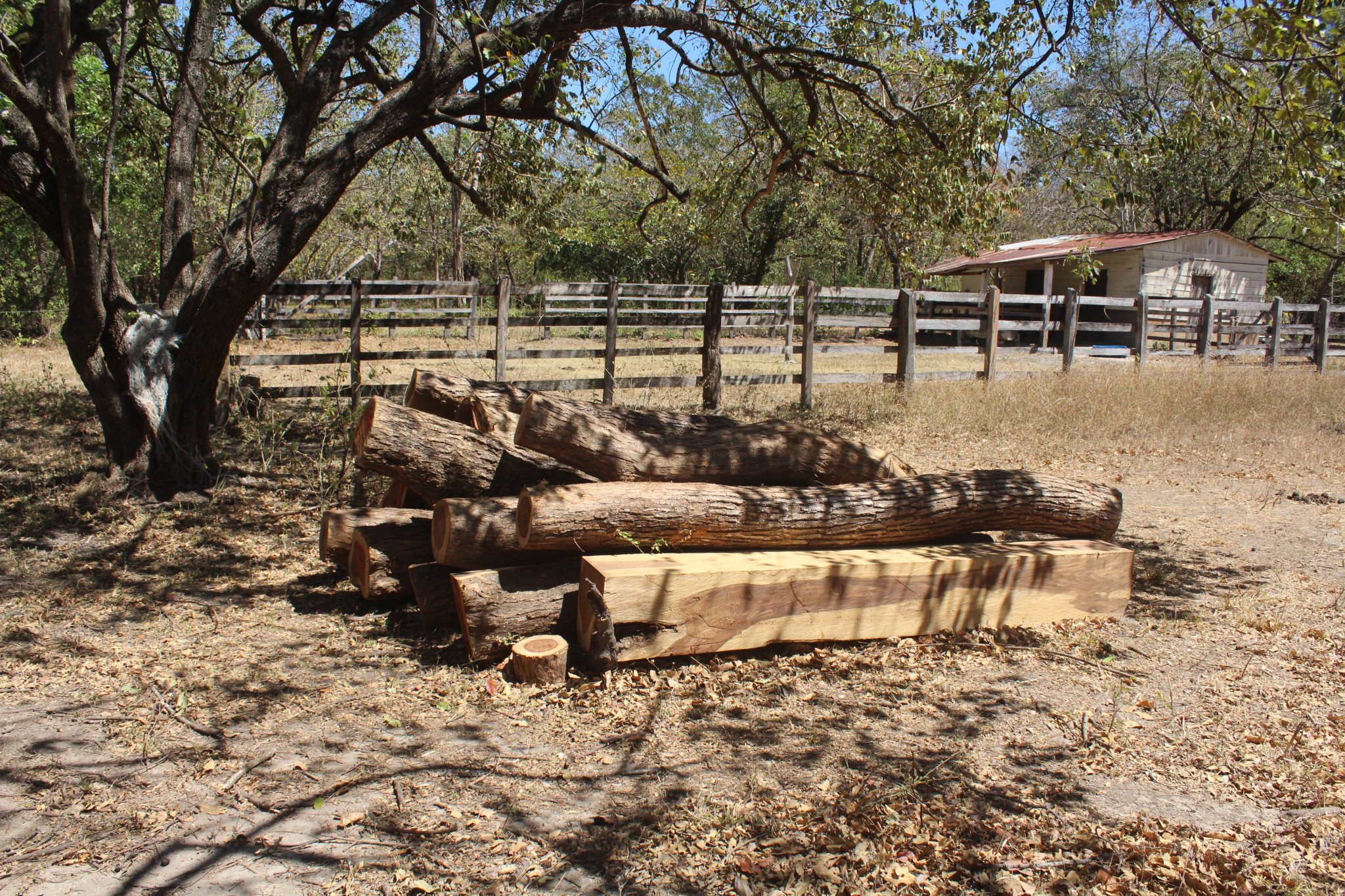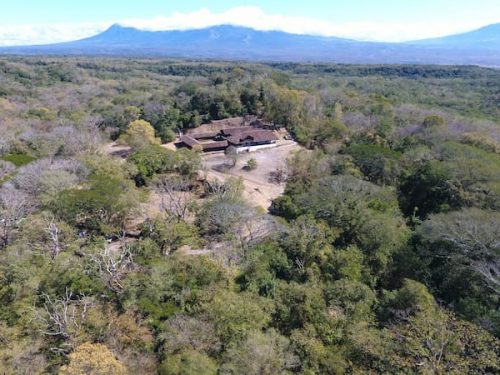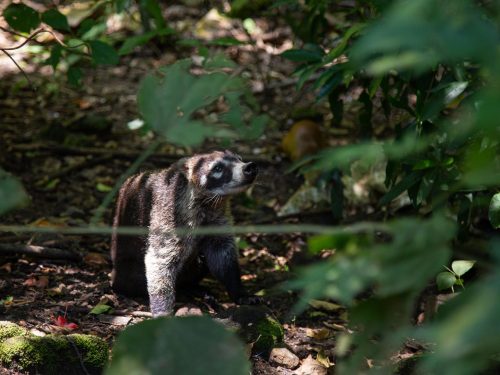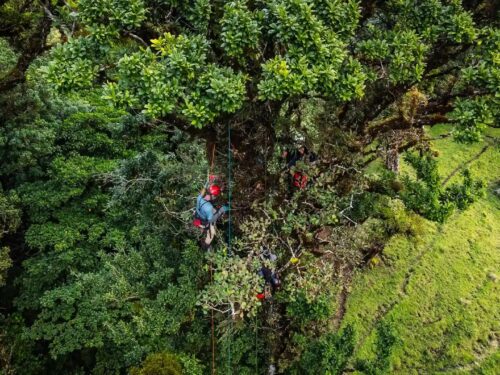
In 2018, reports of illegal logging at the Environment and Energy Ministry (MINAE) doubled for the province versus 2015. This makes up half of all complaints filed by residents in Guanacaste’s community for environmental crime.
It’s an unfortunate trend that we have observed at The Voice of Guanacaste. Many of the reports that arrive in our inbox have photos of logs on the side of the highway, cut down by residents or even municipal governments without proper permits.
Some hotels also have the terrible habit of cutting down trees in front of the sea so that visitors can have a clean view of the sea without any “interference.”
Residents and tourists write us, worried, because they know that cutting down a tree means one less house for monkeys, birds and reptiles. But it’s not just that. Specialists have explained that losing a tree is losing all relations that are born of it and that species will weaken as fewer trees exist as it loses robustness and fertility through time. Therefore, it loses economic value.
Guanacaste has an additional issue, which is it’s extreme vulnerability to climate phenomenons, drought and forest fires. In the worst case scenario, the State of the Nation program has indicated that the province’s temperature could increase by 4.5 degrees centigrade by mid-century. Can you imagine such heat without a place to find shade? And that’s just simplifying the issue compared to what logging really implies.
Half the environmental complaints in the province are for illegal logging
Cutting down the forest puts our economic stability at risk because a series of goods and services depend on it, such as water supply, protecting against erosion, the habitat for water life land fauna and even a source of employment for the legal sale of wood. This story paints a critical picture since log trafficking is suspected of drug trade.
The latest State of the Nation report also casts a critical eye on the government. “The environmental institutions that are in charge of control and regulation are the weakest in terms of financing and autonomy, while the strongest are the ones that handle natural resources in order to provide public services or support economic growth.”
In other words, we are quickly spending what it is going to cost to renew and we aren’t investing enough to protect our future. Guanacaste, unfortunately, is going to suffer serious consequences from this neglect if we keep going down the same path.







Comments